Fast food firms are looking more closely at their supply chains as institutions drive welfare issues up the agenda
More meat is being produced and consumed globally than ever before. This has led to mounting concern over the impact on the environment and on global warming, as well as a growing awareness of the impact of intensive farming on the welfare of animals and humans.
According to The World Counts, an NGO that provides real-time data on the state of the planet, meat production increased fivefold inthe second half of the 20th century and the amount eaten per person doubled. Meat consumption is on track to increase by as much as 160% by 2050.
This has major environmental impact. “Huge amounts of energy and water go into feeding cattle, and vast areas of land are cleared for grazing,” says Sabrina Vigilante, director of markets transformation, Latin America, for the Rainforest Alliance. “Carbon dioxide emissions from forest clearing, combined with methane emissions from cattle, make up one-third of global greenhouse gas emissions that lead to climate change.”
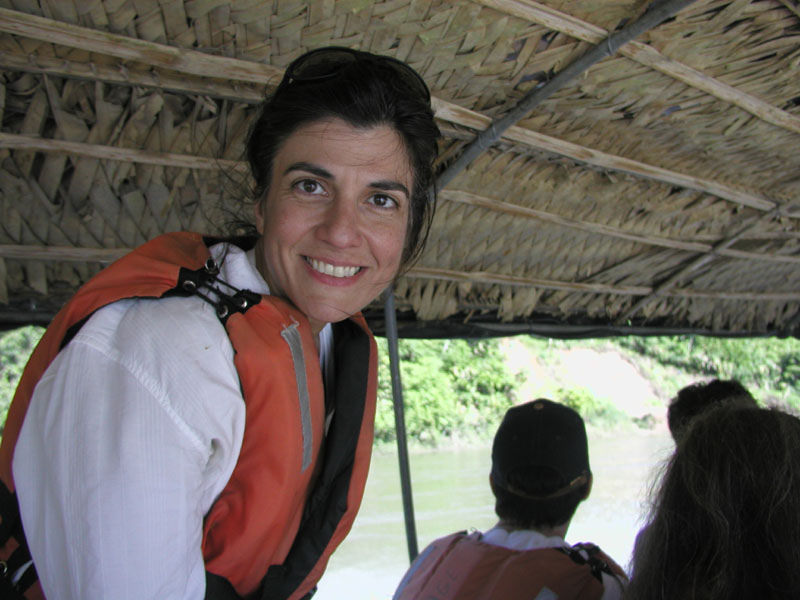
But of greater concern to environmentalists and consumers, particularly in the US, is the health impact of intensive livestock production, or factory farming. In May 18 institutional investors, representing £1.5trn in assets under management, became the founding signatories to the first investor statement on farm animal welfare.
The signatories state that they believe that farm animal welfare is potentially material to long-term investment value creation in the food sector and commit to taking account of farm animal welfare when analysing food companies.
Antibiotics
One big focus area for shareholder action is the widespread use of antibiotics in animals used for food, particularly in the US, where more than 70% of all antibiotics are given to livestock. McDonald’s and Yum! Brands, which supplies KFC, are some of the companies that have been targeted for shareholder action.
McDonald’s said last year that it would stop using some antibiotics in poultry, but only in the US. This summer ShareAction, a UK-based responsible investing organisation, called on investors and the general public to email McDonald’s CEO Steve Easterbrook, asking him to stop the excessive use of non-therapeutic antibiotics in animals for meat. As of late August, more than 7,000 people had done so.
Grace Hetherington, ShareAction’s press officer, said the McDonald’s letter campaign took shape after a recent shareholder proposal, coordinated by US shareholder activism groups As You Sow andthe Interfaith Center on Corporate Responsibility, which called for an end to the routine use of medically important antibiotics throughout the meat supply chain. The proposal received 22% of the vote, but McDonald's "failed to provide a meaningful response to that suggestion", Hetherington said.
When pressed for a response, McDonald’s referred to an earlier statement that said it was premature to set a timeline for curbing antibiotic use in meats other than chicken, due to varying agricultural practices and regulations around the world.
Tyson Foods, which is a key supplier to McDonald’s, announced it plans to stop using human antibiotics in its chickens by 2017. The company also said it is forming working groups with independent farmers and others in its beef, pork and turkey supply chains to review ways to cut the use of human antibiotics on their farms.
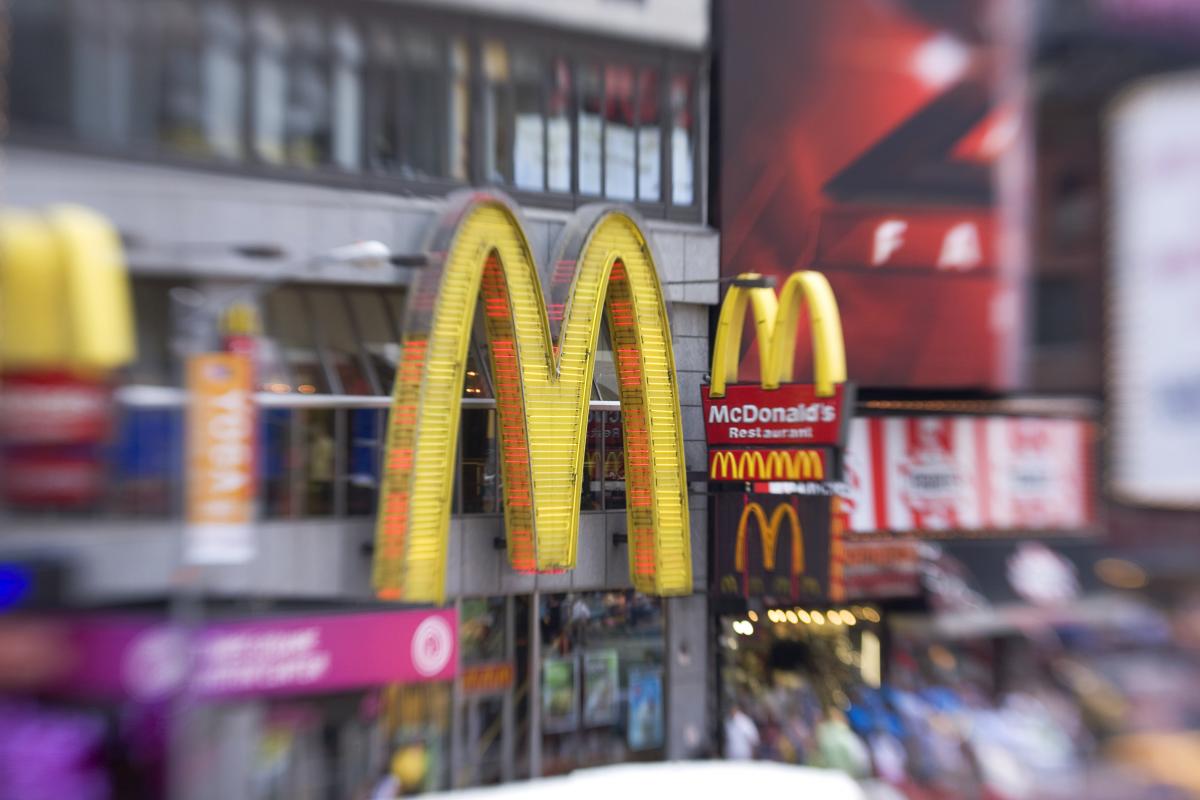
Animal cruelty
However Tyson has come under fire from activists, who accuse it of cruelty in its chicken farm operations. An undercover video recently released by Compassion Over Killing, an animal advocacy group, showed widespread abuse of poultry at several of the company's breeding centres in Virginia in the US. Workers were seen punching and kicking birds and slamming them into cages.
This is the fifth time in little more than a year that animal rights groups have secretly recorded footage of workers abusing chickens at Tyson-connected facilities. In a response to this most recent video, Tyson Foods says all of its live poultry workers are being retrained in the company's animal welfare policies.

Water pollution
Tyson has also been under fire on another front. A report published by the citizen advocacy group Environment Americain February claimed that Tyson, the largest beef producer in the US,was the second-worst polluter in the US from 2010 to 2014, releasing 104 million pounds of pollution to surface waters, based on the Environmental Protection Agency’s (EPA)’s Toxic Release Inventory. A shareholder resolution in February asked Tyson to adopt a water-stewardship policy “designed to reduce risks of water contamination in its direct operations, suppliers and contract farms”, but it was rejected.
Tyson says it has been unfairly criticised both for its farm operations and polluting waterways. “The claims made by Environment America are egregiously inaccurate and misleading; we vigorously refute them,” says Caroline Ahn, public relations manager. “The water we use in our processing operations is returned to streams and rivers only after it’s been properly treated by wastewater treatment systems that are government-regulated and permitted.”
She said Environment America did not contact Tyson before publishing its report, so Tyson is questioning the group’s methodology regarding manure management related to the company’s supply chain. She says: “We rely on more than 11,000 independent family farmers to raise poultry and livestock for our company, most of which are required by local, state and federal laws to have nutrient management plans.” Environment America could not be reached for comment.
Tyson has indicated it will start releasing more information about its water management efforts this year to CDP, a not-for-profit agency that collects and distributes data on corporate environmental impacts. The company also planned to begin reporting Scope 1 and 2 GHG emissions to CDP in July and has signed on to the Business Benchmark on Farm Animal Welfare (BBFAW), the first global measure of animal welfare standards in food companies.
In its 2015 report, the BBFAW ranks Tyson in tier 3 of its six tiers of rankings, meaning that animal welfare is “established but work to be done”, below McDonald’s in tier 2, where it is “integral to business management”, but well above Yum Foods!, which is in tier 5, “on the business agenda but little evidence of implementation”, according to the BBFAW rankings.
Dr Rory Sullivan, expert adviser to the BBFAW says the benchmark has played a catalytic role since it was established in 2012. “It provides investors with a robust, independent and credible assessment of corporate practice and performance on farm animal welfare, and is presented in a way that enables these to be incorporated into investment models and to underpin engagement programmes.”
McDonald’s, Unilever and Cargill raise the bar on sustainability
In response to the escalating pressure from consumers and investors, many meat producers, sellers and fast moving consumer goods companies are working with organisations such as the Rainforest Alliance to raise livestock more sustainably.
Sabrina Vigilante points to the Rainforest Alliance/Sustainable Agriculture Network Standard for Sustainable Cattle Production Systems, published in 2010, which contains 36 criteria to promote best practice. Growing feed and fodder on the farm, and ensuring the feed is easily digestible can help reduce deforestation caused by large-scale feed production and decrease methane emissions from cattle. Rotating pastures, creating buffer zones, introducing integrated pest management and using composting are all strategies to prevent land degradation and soil and water contamination.
Global giant Unilever, long a leader in sustainability practices, has a Sustainable Livestock Implementation Guide that provides guidance beyond the company’s Sustainable Agriculture Code for companies interested in supplying Unilever with poultry, beef and pork. The guide covers everything from storing chemicals and fuel, managing waste, protecting water and soil, treatment of animals and safe working conditions. The Livestock Transport and Slaughter Guide outlines how the company expects cattle and pigs to be transported to the slaughter destination and how it is to be carried out.
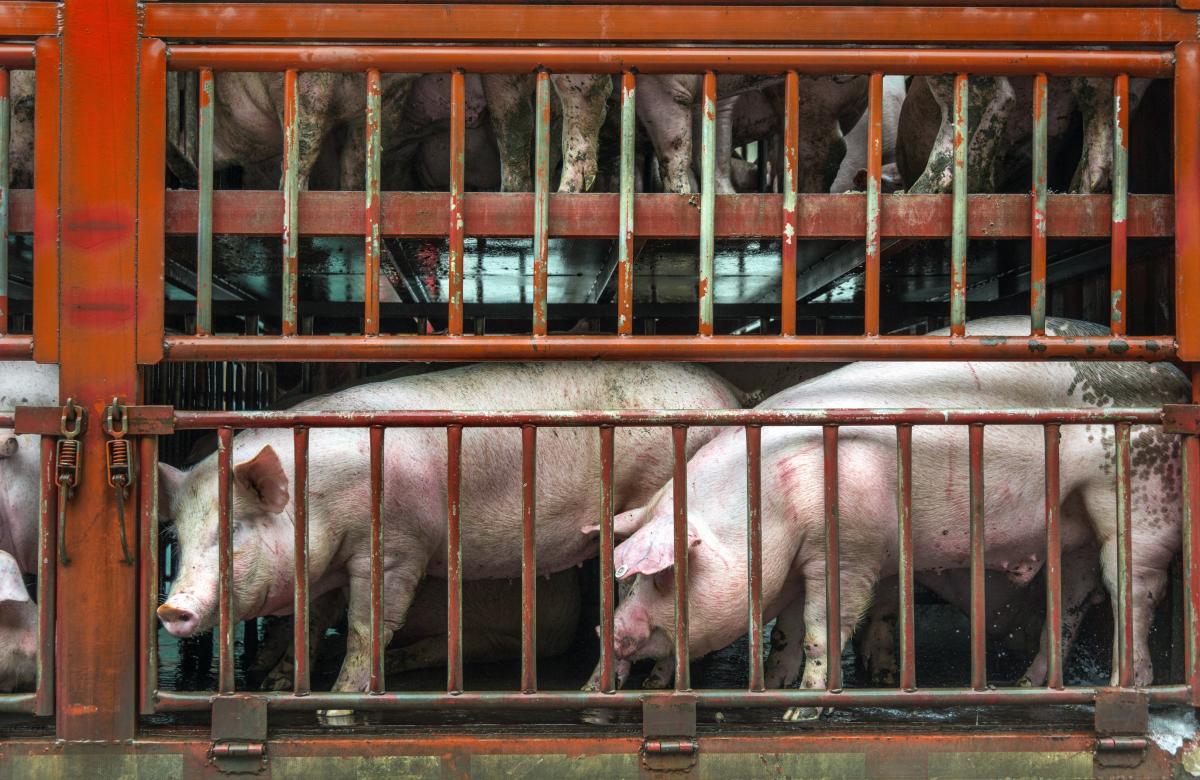
Sustainable beef
The Rainforest Alliance, McDonald’s and Cargill are among the founding members of the Global Roundtable for Sustainable Beef (GRSB), an organisation promoting sustainable practices in all aspects of the beef value chain. GRSB is linked with approximately 400 companies, several hundred thousand producers, as well as the major processors worldwide, through direct members and members associated through other roundtables. The GRSB approved a set of principles for sustainable cattle ranching, which are being adopted at the national level in Brazil, Canada and the United States.
“What we are seeing is much more consumer interest in where and how food is produced, and that can be a positive force for change,” says Ruaraidh Petre, executive director of GRSB. “The most important thing consumers want to know is that the food they eat is safe and nutritious and, in the case of livestock, produced under good welfare conditions. Those are basic requirements that any company must be following, because if they don’t, they will very quickly be out of business.”
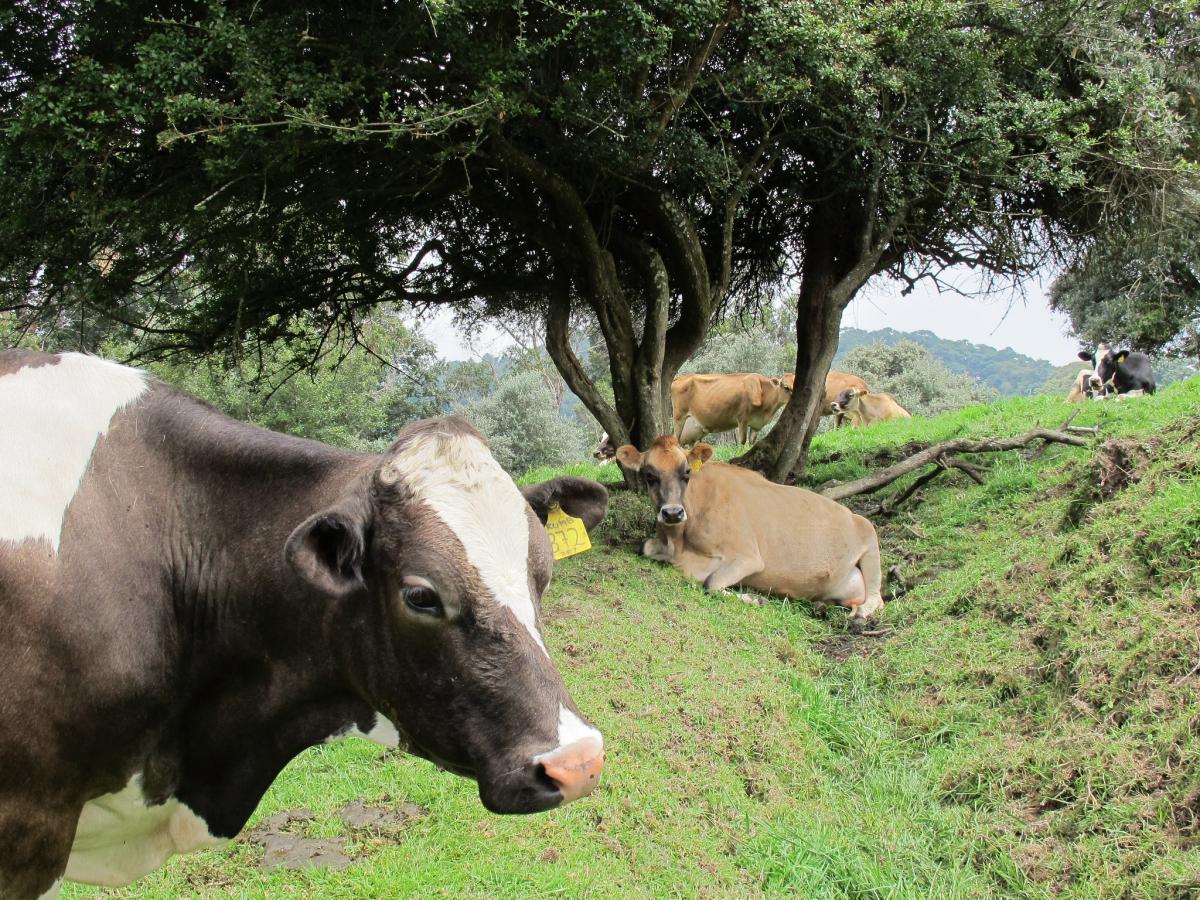
McDonald’s
While no one from McDonald’s Corporation was available for an interview, the company was cited by GRSB and the Rainforest Alliance for conducting the Verified Sustainable Beef Pilot Project in Canada, which led to the creation of a beef sustainability system that certified Canadian operations as sustainable. The project then tracked the cattle chain of custody through these sources into the two processors that are the company’s beef suppliers, according to the final report on the pilot program. “It is the first programme to make the GRSB principles and criteria actionable across the entire beef value chain,” according to McDonald’s website.
The pilot began in 2014, after McDonald’s announced a commitment to begin procuring some of its beef from verified sustainable sources by 2016, according to Vigilante. The Canadian pilot ran from January 2014 to April 2016 to develop indicators based on the principles of GRSB. During the timeline, 8,967 head of cattle were tracked through the Canadian beef value chain, from ranches to processing plants, and verified as sustainable using a third-party process. “The pilot has contributed tremendously to the work of the Canadian Roundtable for Sustainable Beef and GRSB, and has been a positive experience for the producers involved, too,” adds Petre.
Cargill
Another founding member of the GRSB, Cargill is helping develop ways to track and measure sustainability indicators across the entire beef value chain in Canada and the US, according to Nicole Johnson-Hoffman, vice president of Cargill’s Value Added Protein business. Cargill provides food and beverage manufacturers, food service companies and retailers with meat and poultry, among other food products.
In late 2014 Cargill launched the first-ever large-scale project to identify, document and measure indicators at its own feed yard operations, and those at a strategic partner that supplies it with cattle. The programme has between 80 and 90 key indicators,including water, waste, animal welfare and covers feed yards with a combined annual capacity of more than 1 million cattle. Cargill is finalising data analysis for 2015.
The company is working with the cow, calf and stocker portions of the supply chain on a limited basis to develop sustainability priorities with them, says Todd Allen, head of Cargill Cattle Feeders. That project, however, has proved more challenging. “These portions of the supply chain are fragmented, with more than 700,000 cattle producers nationally, and an average herd of 40 animals.”
Cargill also has programmes to reuse solid animal waste, a major cause of pollution at large-scale farms, reduce methane gas and conserve and protect water supplies. Several times a year solid cattle waste is gathered at Cargill’s feedlots, composted and converted to organic fertiliser, reducing local farmers’ needs for chemical fertilisers, Johnson-Hoffman notes.
Wastewater ponds at Cargill beef plants have domes that capture methane gas expelled by cattle. The methane is used as a fuel source to heat water boilers at each plant, with the heated water used for plant sanitation. The installation of biogas recovery systems has allowed 11 Cargill facilities to replace up to 30% of their natural gas requirements with biogas, reducing greenhouse gas emissions by more than 3 million metric tons since 2005,
Water use at Cargill’s beef plants has shrunk by 15% over the past decade, according to Johnson-Hoffman. During the six years prior to 2016, the plant reduced its water use 23%, equal to an annual savings of 150 million gallons.
A beef with beef
Anxiety about the impact of livestock production is a leading contributor to spurring the creation of more non-meat alternatives.
Recent projections put the global market for meat substitutes at $5.17bn by 2020, with the biggest share of the market in Europe. The market leader is Quorn, which is made primarily from mycoprotein, a nutritionally healthy protein produced by a process of fermentation similar to that used for yeast in bread.
One of the newest, called the Impossible Burger, is a non-meat patty produced sustainably and made up largely of wheat, coconut oil, potato protein and heme, a plant material found in meat. The heme is what gives the Impossible Burger its meaty taste and consistency, according to inventors Impossible Foods, based in California. A team of scientists, engineers, chefs, farmers, foodies and others spent five years perfecting the recipe, according to the website, and the burgers sizzle and smell like beef when cooking.
Producing an Impossible Burger requires one-fourth of the water used to make the same burger from a cow, 1/20th the land, and generates only an eighth of the greenhouse gas emissions, according to the company.
A separate report by scientists at the Oxford Martin School this year found that the widespread adoption of vegetarianism around the world could bring down greenhouse gas emissions by nearly two-thirds.
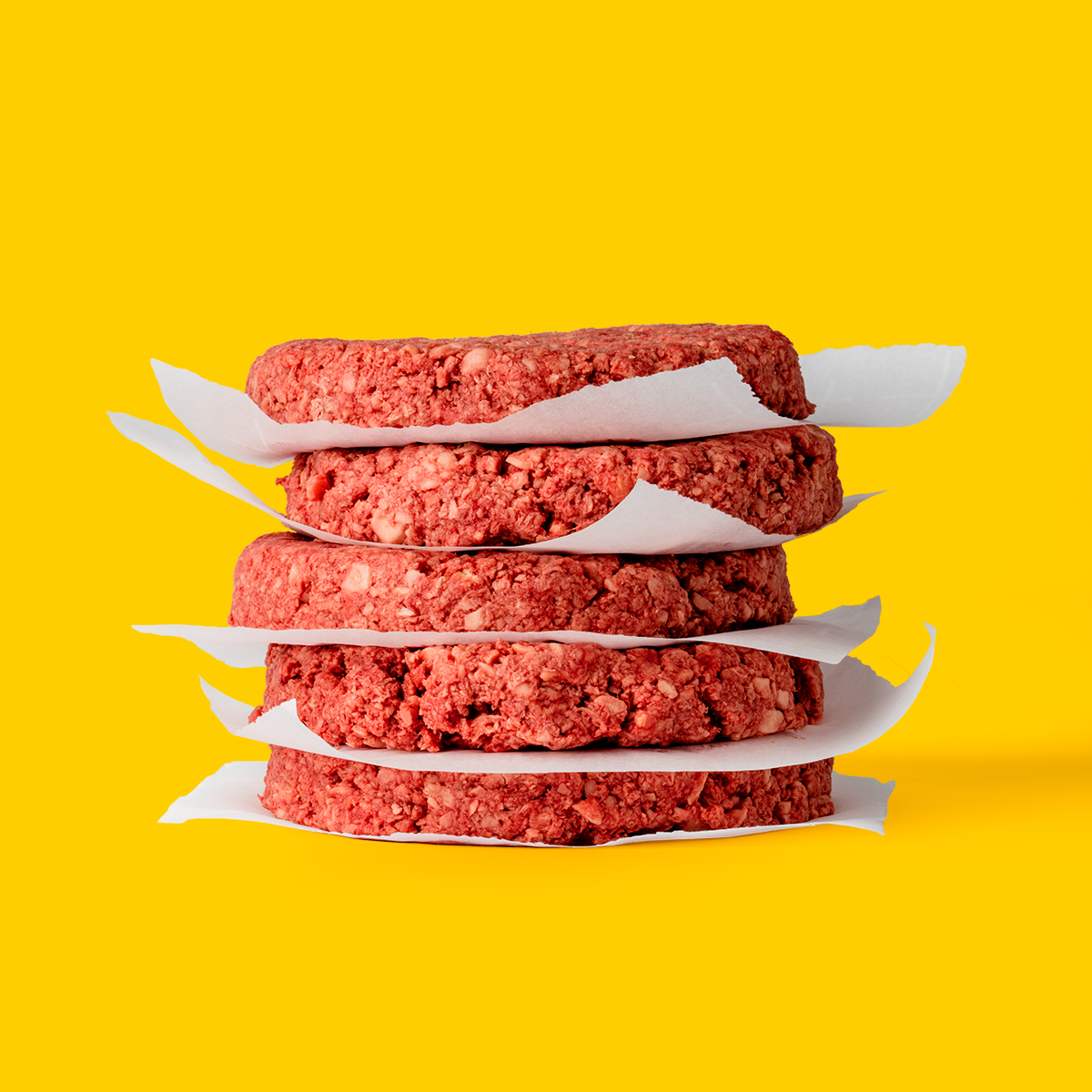
sustainable livestock animal welfare investor engagement GRSB McDonald's

